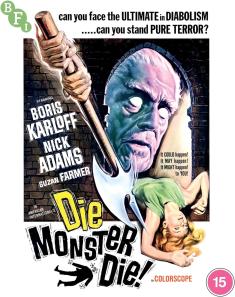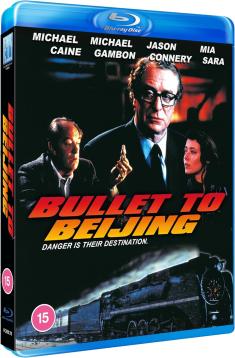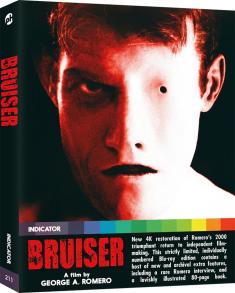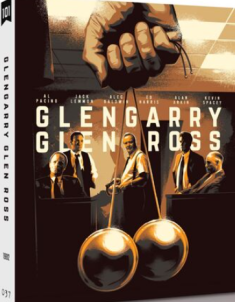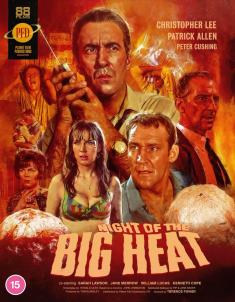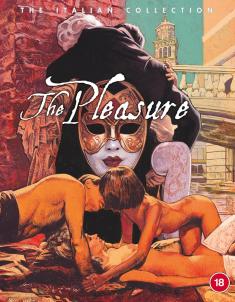Trillion: God of Destruction
Overview -
From Idea Factory, 'Trillion: God of Destruction' is the start of a new franchise revolving around demons and netherworlds. In this first entry, the game sees players taking up the role of Great Overlord Zeabolos, training those close to him to defeat a powerful god before he consumes the entire netherworld.
Video Review
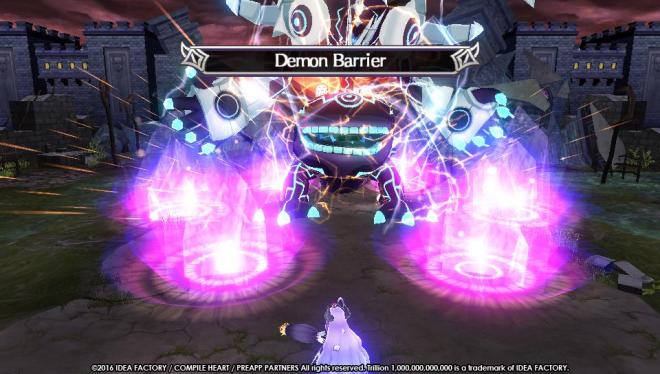
'Trillion' isn't a looker. Most of the game is spent in menus, and when in combat, it becomes a little clearer why the game so heavily relies on static artwork. The 3D models on the enemies and player characters are serviceable, but nothing more. There's a nice sense of scale in all of the Trillion fights, due to how huge his model is and how the player must attack individual limbs, but otherwise, it's not a pretty game. The character designs, however, are largely great.
Audio Review
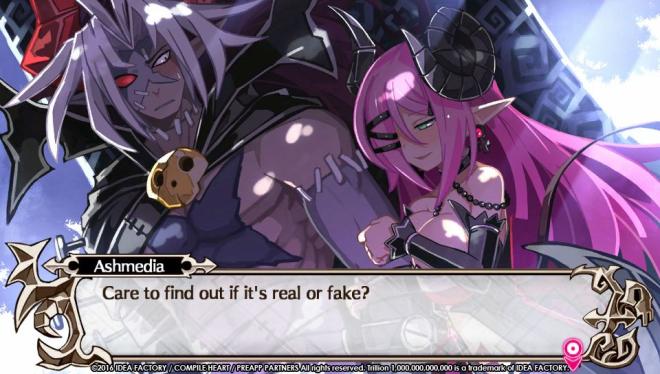
At its best, there's some enjoyable music here, but for the most part, it's a bog-standard JRPG soundtrack with one particularly bad battle theme that kept popping up. The voicework is largely good, with both English and Japanese acting, though the English never clicked with me. The sound design, however, is the weakest part, with enemies only having one or two sound clips that play far too often, leading battles to seem weirdly comical in a way that clashes with the overall tone of the game.
Final Thoughts
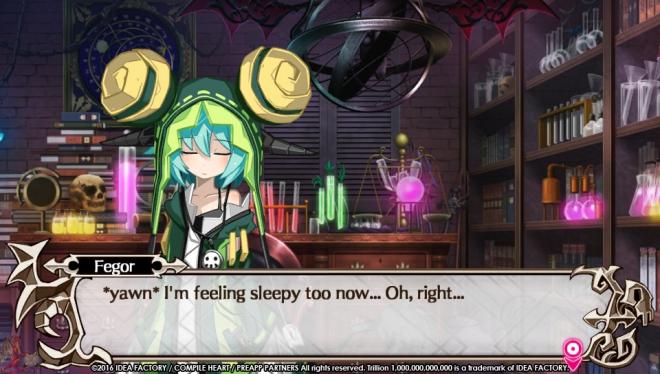
It'll undoubtedly be a divisive game, one I'm certain many will hate due to how punishing and unfriendly it can be, particularly in the game's awful prologue, but once I got into the swing of things, I found an amazingly rewarding game that I grew to love. While it can sometimes be alienating in how out there many of its ideas seem (considering the game is technically one big bossfight, it'd have to be), 'Trillion: God of Destruction' is an outstandingly original game that I can't wait to check out again.





